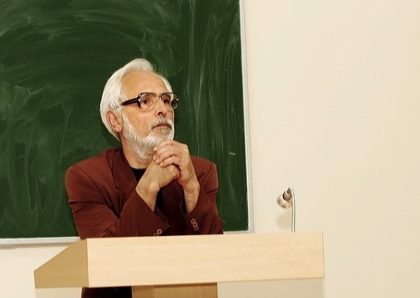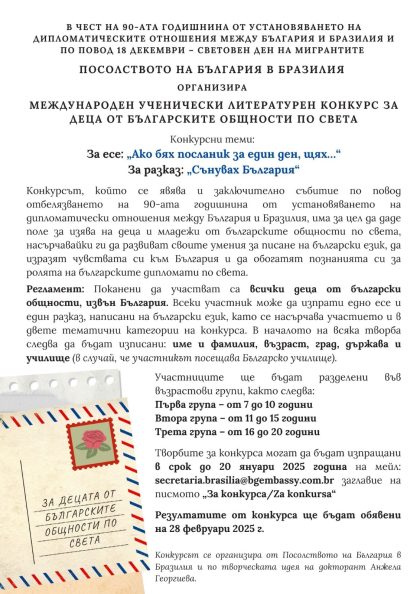By Janie Lorber
Roll Call Staff
Jan. 9, 2012, 6:17 p.m.
Campaign finance reform advocates breathed a sign of relief today as the Supreme Court closed the door on foreign nationals hoping to influence American elections through contributions.
But for Occupy Wall Street protesters, the ruling was not enough.
“Restricting foreign nationals from contributing to campaigns but not restricting multinational corporations that do not necessarily have Americans’ best interests at heart is kind of hypocritical and contradictory,” said Han Shan, a spokesman for the Occupy Wall Street group that was based in Manhattan’s Zuccotti Park. “We need real electoral campaign finance reform, and I think that’s a position that’s enormously popular on both sides of the aisle.”
The ruling, a summary affirmation that upheld a lower court’s August decision in Bluman, et al. v. Federal Election Commission, came just two weeks before the two-year anniversary of the court’s decision in Citizens United v. FEC, which eased the restrictions on campaign contributions from corporations and labor unions.
If Occupiers are united around one thing, it’s their opposition to what they describe as “corporate personhood,” and Shan said he expected the Bluman decision to add urgency to demonstrations planned around the country demanding the Citizens United decision be overturned.
Still, as civil liberties groups decried the order as a violation of free speech, reform advocates declared victory.
“Today’s decision shows that the Court’s determination in the Citizens United case to use the First Amendment to open our elections to a wave of corrupting corporate wealth at least stops at the nation’s shores, and that U.S. elections won’t be invaded by foreign wealth as well,” Fred Wertheimer of Democracy 21 said in a statement.
Today’s ruling did not come as a surprise to Washington election lawyers.
“This is probably going to settle that particular issue for the foreseeable issue,” said Jan Baran, who heads the election law practice at Wiley Rein and supported the Citizens United decision. “It’s a very one-day thing.”
Two foreign nationals had challenged the law in federal court, arguing that it suppressed the First Amendment rights of foreigners who legally live and work in the United States.
Foreign nationals, with the exception of permanent residents, are barred from donating to candidates or parties in any elections, including state and local races. But Citizens United had left open the possibility that they too could contribute freely to American candidates.






